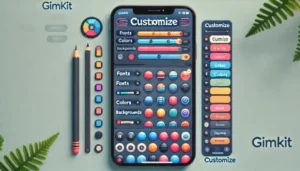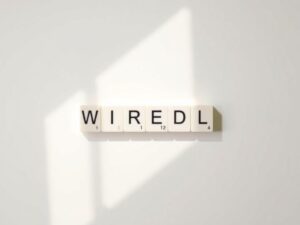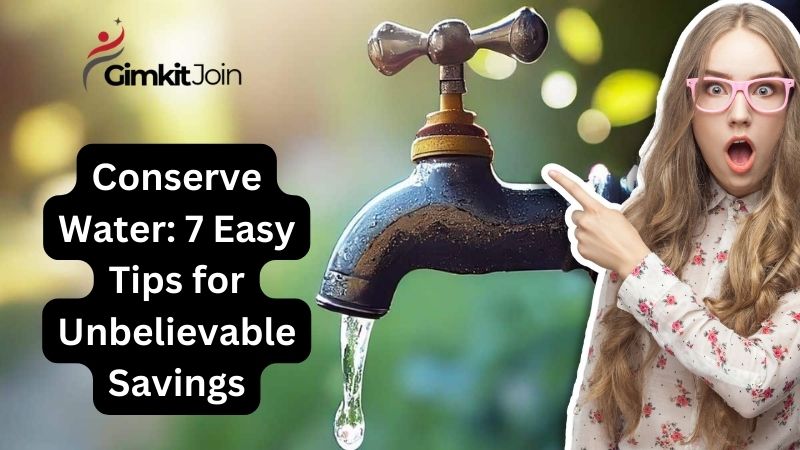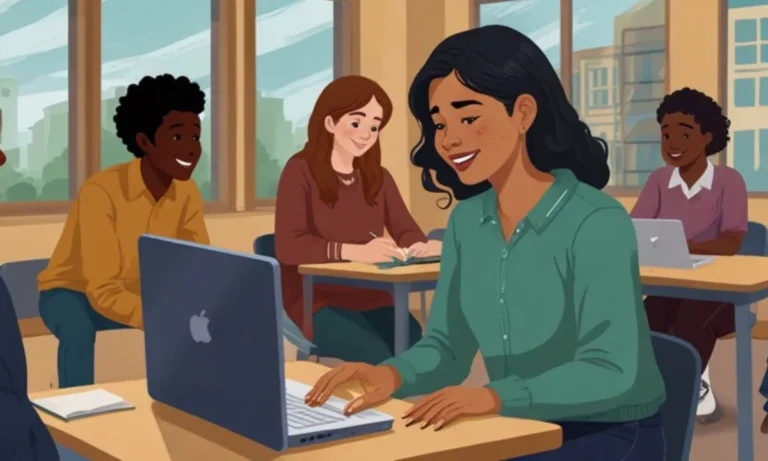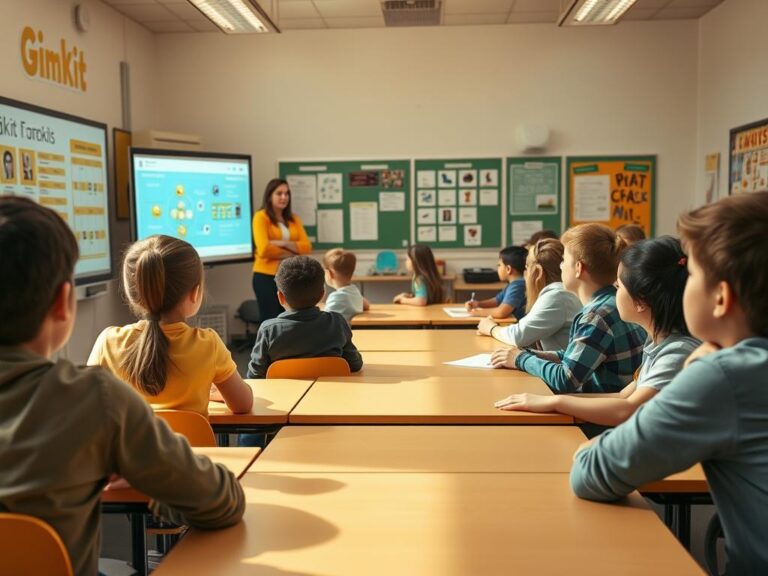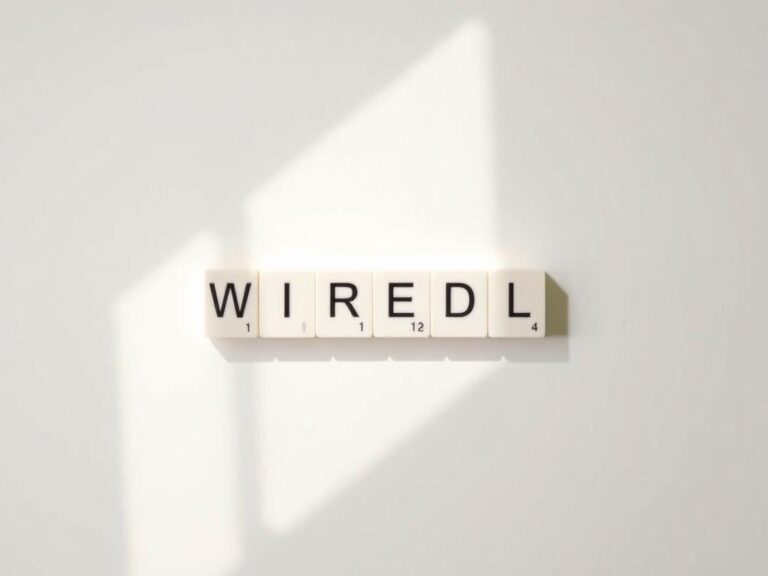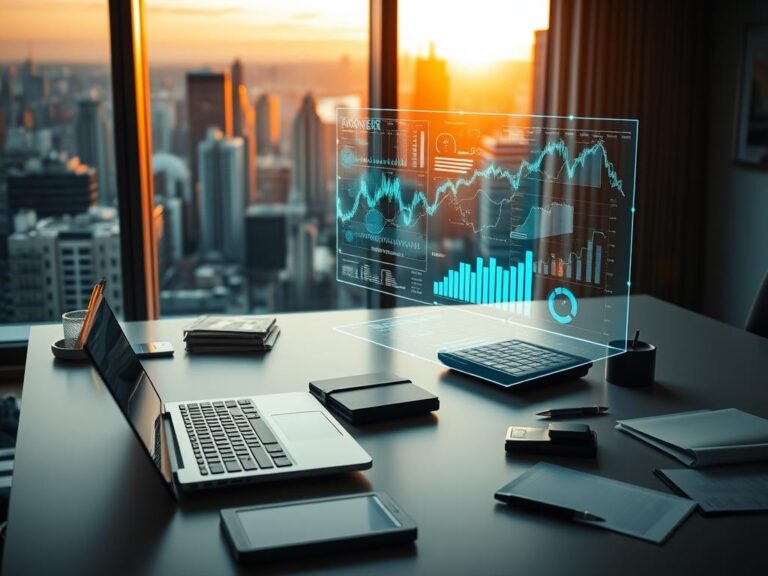Water is one of our planet’s most precious resources. Despite covering 70% of the Earth’s surface, only 2.5% of it is freshwater, and less than 1% is readily accessible for human use. With growing populations and increasing demand, conserving water is more crucial than ever. Not only does saving water benefit the environment, but it also leads to significant savings on utility bills. In this article, we’ll explore seven easy and practical tips to help you conserve water and achieve unbelievable savings.
Table of Contents
Understanding the Importance of Water Conservation
- Why Water Conservation Matters
Water conservation is essential for maintaining the balance of our ecosystems, ensuring that there is enough water for future generations, and reducing the energy required to process and deliver water to homes and businesses. By conserving water, we also decrease the strain on our natural water resources, helping to preserve habitats for wildlife and protect biodiversity.
- The Global Water Crisis
Many regions worldwide face water scarcity, where the water demand exceeds the available supply. This crisis is exacerbated by factors such as climate change, pollution, and over-extraction of water resources. Conserving water helps mitigate these issues and supports efforts to provide clean and safe drinking water to all.
Tip 1: Fix Leaks and Drips
- The Impact of Leaks on Water Waste
Leaks and drips may seem insignificant, but they can lead to substantial water waste over time. A dripping faucet can waste up to 3,000 gallons of water per year, while a leaky toilet can waste up to 200 gallons daily. Addressing these issues is a simple yet effective way to conserve water.
- How to Identify and Fix Leaks
To identify leaks, regularly check faucets, showerheads, toilets, and pipes. Listen for running water sounds when fixtures are turned off and look for water stains or puddles. Fixing leaks often involves simple repairs, such as replacing washers or tightening connections. If you’re unsure, consult a plumber for professional assistance.
Tip 2: Install Water-Efficient Fixtures
- Benefits of Water-Efficient Fixtures
Water-efficient fixtures, such as low-flow showerheads, faucets, and toilets, are designed to reduce water usage without compromising performance. These fixtures can significantly lower water consumption and utility bills, making them a worthwhile investment for any household.
- Choosing the Right Fixtures
When selecting water-efficient fixtures, look for products with the WaterSense label, which indicates that they meet EPA standards for water efficiency and performance. Low-flow showerheads, for example, use no more than 2.5 gallons per minute, compared to standard models that can use up to 5 gallons per minute.
Tip 3: Adopt Smart Irrigation Practices
- The Importance of Efficient Outdoor Water Use
Outdoor water use accounts for a significant portion of residential water consumption, particularly in regions with hot and dry climates. Inefficient irrigation practices can lead to overwatering, water waste, and higher utility bills. Adopting smart irrigation practices can help conserve water while maintaining a healthy landscape.
- Tips for Smart Irrigation
- Water During Cooler Times: Water your garden or lawn early in the morning or late in the evening to minimize evaporation.
- Use Drip Irrigation: Drip irrigation systems deliver water directly to the roots of plants, reducing water waste and promoting healthy growth.
- Adjust Sprinkler Systems: Ensure sprinklers are properly adjusted to avoid watering sidewalks, driveways, or streets.
- Choose Native Plants: Native plants are adapted to local climates and require less water than non-native species.
Tip 4: Practice Mindful Water Usage Indoors
- Reducing Water Usage in the Bathroom
The bathroom is one of the most water-intensive areas in a home. Simple changes in daily habits can lead to significant water savings:
- Shorten Showers: Reducing your shower time by just a few minutes can save gallons of water.
- Turn Off the Tap: Turn off the faucet while brushing your teeth or shaving.
- Use a Bucket: Collect water in a bucket while waiting for the shower to warm up, and use it for other purposes like watering plants.
- Efficient Kitchen Water Use
The kitchen is another area where water can be easily wasted. To conserve water:
- Only Run Full Loads: Run the dishwasher only when it’s full, and consider using the eco or energy-saving cycle.
- Hand-Washing Dishes: If hand-washing dishes, fill the sink with water instead of letting the tap run continuously.
- Thaw Food in the Fridge: Thaw frozen foods in the refrigerator rather than using running water.
Tip 5: Reuse and Recycle Water
- Greywater Systems
Greywater refers to wastewater from non-toilet plumbing systems, such as sinks, showers, and washing machines. Installing a greywater system allows you to reuse this water for irrigation or flushing toilets, reducing overall water consumption.
- Rainwater Harvesting
Rainwater harvesting involves collecting and storing rainwater for later use. This water can be used for various purposes, such as watering plants, washing cars, or flushing toilets. Simple rain barrels or more complex systems with filtration can be installed to capture and utilize rainwater effectively.
Tip 6: Educate and Involve the Community
- Raising Awareness
Education and community involvement play a crucial role in promoting water conservation. By raising awareness about the importance of conserving water and sharing practical tips, we can inspire others to take action.
- Community Initiatives
Participate in or organize community initiatives, such as water conservation workshops, local clean-up events, or rainwater harvesting projects. These activities foster a sense of community and collective responsibility toward preserving our water resources.
Tip 7: Monitor and Track Water Usage
- Importance of Monitoring Water Usage
Keeping track of your water usage can help you identify areas where you can conserve more water. Regular monitoring allows you to set goals, track progress, and stay motivated in your water conservation efforts.
- Tools and Resources for Monitoring
- Water Meters: Install a water meter to monitor household water usage in real-time.
- Water Bills: Review your water bills regularly to track your consumption and identify any unusual increases.
- Apps and Online Tools: Use apps or online tools that offer insights into your water usage and provide tips for conservation.
Conclusion
Conserving water is not only vital for the environment but also offers significant financial savings. By implementing these seven easy tips, you can make a substantial impact on reducing your water consumption and protecting this precious resource. From fixing leaks and installing water-efficient fixtures to adopting smart irrigation practices and educating your community, every action counts. Let’s work together to conserve water and ensure a sustainable future for generations to come.
FAQs
1. How much water can I save by fixing a leaky faucet?
Fixing a leaky faucet can save up to 3,000 gallons of water per year, depending on the severity of the leak.
2. What is greywater, and how can it be reused?
Greywater is wastewater from sinks, showers, and washing machines. It can be reused for irrigation or flushing toilets, reducing the demand for fresh water.
3. How do I choose water-efficient fixtures?
Look for fixtures with the WaterSense label, which indicates that they meet EPA standards for water efficiency and performance.
4. What are some ways to conserve water outdoors?
Water during cooler times, use drip irrigation, adjust sprinklers, and choose native plants that require less water.
5. Can rainwater harvesting be used for drinking water?
Rainwater harvesting can be used for non-potable purposes, such as irrigation or washing cars. However, it should be properly filtered and treated if intended for drinking.
